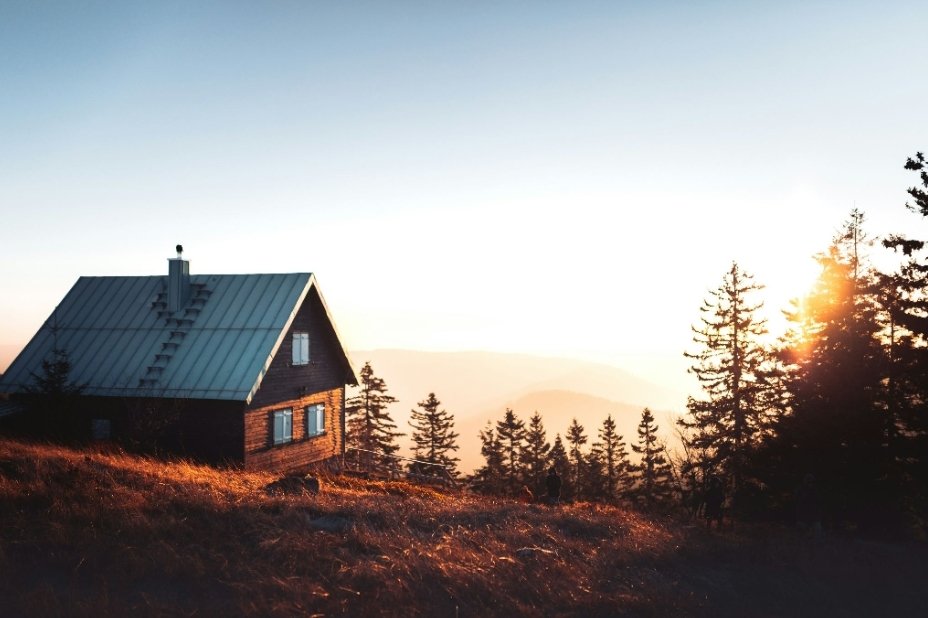Ever contemplated the possibilities that lie within the confines of your New Zealand property? Have you ever pondered the prospect of renting out a cabin on your land? This exploratory guide delves deep into the intricacies of this very concept, shedding light on the laws and regulations, potential benefits and essential considerations surrounding land use. As a landowner, unveil the best practices to tread upon this exciting journey.
New Zealand’s Land Use Regulations
New Zealand’s land use regulations and property rental laws are anything but straightforward. They are juxtaposed regionally, making it crucial for property owners to liaise with local councils before erecting or leasing a cabin.
Regulations to Heed:
Resource Consent: More often than not, you’ll find yourself needing to secure this, which evaluates the environmental ramifications of your planned land usage.
Building Consent: It is incumbent upon you to ascertain that your cabin is in alignment with New Zealand’s building codes, which encompass structural soundness, plumbing, and electrical standards.
Zoning Laws: Your property might be subject to land use limitations, especially if it falls within a conservation belt or proximate to safeguarded ecosystems.
Discovering Economic and Community Benefits
Renting out a cabin is like hitting the jackpot twice—it showers the landowner with benefits and gives a hefty boost to the local economy and community.
What’s in it for you?
Economic Upsurge: Such rentals can turn into a steady cash cow for landowners, especially in rural areas where the economy could use a bit of a boost.
Tourism: With the rising wave of eco-tourism, cabins offer a distinctive hospitality alternative for tourists seeking a closer connection with nature.
Community Bonding: Landowners can enhance community cohesion by aligning with local enterprises and championing regional attractions.
Understanding Environmental and Social Considerations
The lure of economic gains can be persuasive, but it is paramount to weigh in on the environmental and societal implications of renting out a cabin before you go looking for cabins in New Zealand for sale.
Your Environmental Footprint:
Ecosystems: Make sure your cabin is eco-friendly enough to impress even the pickiest tree-hugging squirrels. Sustainable building and smart waste disposal are the keys to keeping Mother Nature happy.
Conservation: Be mindful of water and energy consumption. Contemplate adopting renewable energy sources and rainwater harvesting systems.
Your Social Impact:
Community Relations: It’s vital to engage with local communities to comprehend their apprehensions and expectations. Positive interactions can enhance the overall tourist and resident experience.
Cultural Sensitivity: Honor the cultural legacy of the region, especially if it has significance for the indigenous Māori population.
Best Practices for Landowners: A Quick Snapshot
Legal Considerations: Commence by consulting your local council for tailored regulations and necessary permissions. Procure apt insurance coverage for your property and visitors.
Safety Considerations: Ensure your cabin adheres to health and safety protocols, including fire safety measures, access to clean water, and sanitation.
Sustainable Practices: Opt for eco-friendly building materials and construction methods. Implement effective waste management strategies, including recycling and composting. Use energy-efficient appliances and renewable energy sources.
All in all, the seemingly daunting task of renting out a cabin on your New Zealand property can, indeed, be a fulfilling journey. It wields the power to not only bolster the economy but also to forge community ties. Nevertheless, navigating the complex maze of regulations, environmental impacts, and societal effects requires a savvy approach. By adopting best practices and making sustainability a priority, landowners can create a rental experience that’s both successful and harmonious—talk about a win-win!
